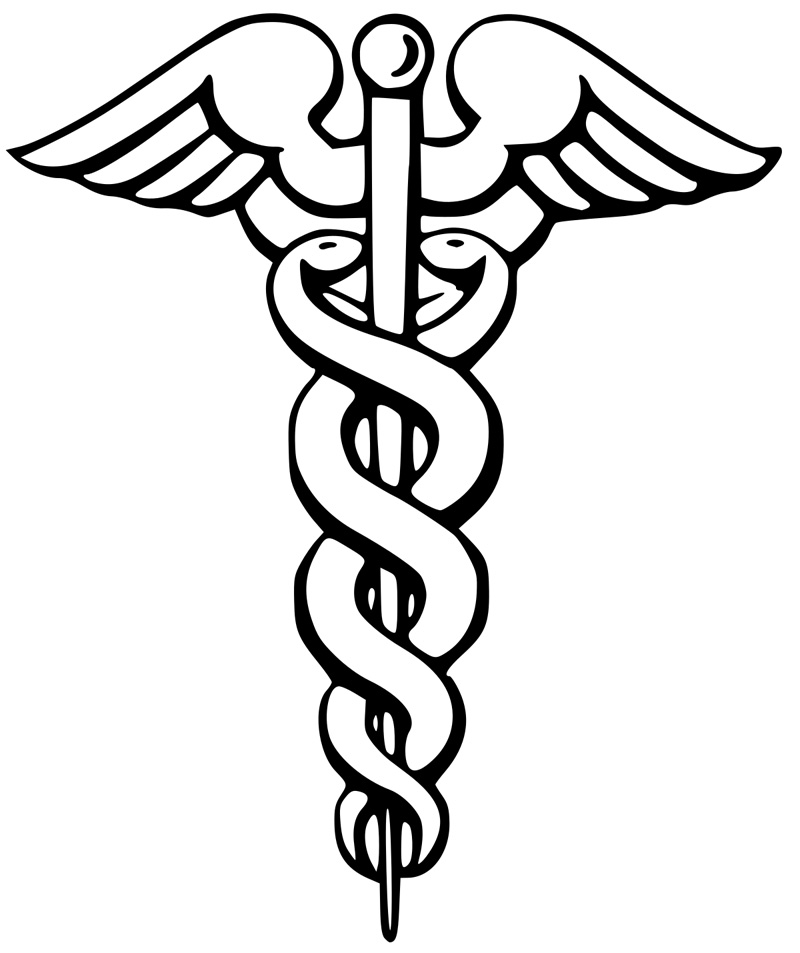Mind and Body: National Immunization Awareness Month
Published 11:09 am Friday, August 7, 2020
|
Getting your Trinity Audio player ready...
|
By Jennifer Burchett, RN, BSN, CLS
August has been designated National Immunization Awareness Month by the National Public Health Information Coalition in conjunction with the Center for Disease Control to raise awareness and to promote one of the most important preventive health measures available across the globe: vaccinations.
The impact of timely vaccinations spans an individual’s life starting with what is commonly called “baby shots” through older adulthood when simple vaccinations may prevent many hospitalizations or even premature deaths in our elderly population.
Trending
Babies and Young Children – Vaccines or immunizations protect babies from 14 diseases by the time a child reaches age 2 if completed according to the recommended schedule. Vaccines have been proven safe and very effective, so much so that most young parents in the United States have never seen the devastating effects that measles, whooping cough, or polio can have on a family or community. However, because of some declines in vaccine administration by parental choice, measles and whopping cough have started to re-emerge as more common illnesses.
School-Age Children – Once children start into daycare or school, they can be exposed more readily to infectious illnesses, many of which are vaccine-preventable. Disease prevention and keeping children healthy so they don’t miss school is the reason why states have laws regulating which vaccines children must have before entering school. Kentucky’s new law requiring all school-age children to have two doses of Hepatitis A six months apart is an example. As parents are collecting school supplies and planning the year’s activities, it’s as important to assess a child’s vaccine status to see if they have any gaps in their immunizations.
Preteens and Teens – This age group is often over-looked when thinking about vaccinations. Even when children get older they still need protection from diseases, some of which are actually found to be cancer-causing. The vaccine for human papillomavirus (HPV) infection can be cancer prevention because HPV has been implicated in several different cancers for children as they get older. Often this age group lives in group settings whether they are visiting a summer camp or going off to live in a college dorm for the first time. Meningitis can be spread when individuals are living together in close quarters. Vaccines exist for the main two types of bacterial meningitis, and Kentucky just passed a new law requiring a booster of the Meningococcal vaccine for 16 year olds.
Pregnant Women – A woman wishing to be pregnant should consider her immunization status before she gets pregnant. Making sure she has had the vaccine for measles, mumps and rubella (MMR) before conception can prevent some pregnancy complications and birth defects. Receiving a whooping cough vaccine during pregnancy can provide a newborn with antibodies to fight a potential life-threatening event if exposed to whooping cough. It is also recommended that any adult who will be spending any length of time with a newborn have an up to date whopping cough vaccine.
Older Adults – Older adults need vaccination for protection as well. The vaccine to prevent Shingles is recommended for all adults over 50, and after age 65, two doses of pneumonia vaccine are recommended.
Every year public health stresses the importance of getting a flu vaccine. In 2020, this is particularly important as the world is still grappling with the Covid-19 pandemic. Flu and Covid-19 at times have similar symptoms. While a vaccine is still being developed for Covid-19, flu cases can be limited with extensive vaccination. Everyone over the age of 6 months, unless medically indicated, should receive a flu vaccine this year.
Trending
Across the lifespan, vaccines or immunizations play an important role in keeping individuals healthy. If someone is traveling out of the country it’s good to see if there are any recommended special vaccines for visiting that part of the world. As always your health care provider will be a great resource on which vaccines are recommended or if there are any reasons not to receive specific ones.
For more resources, visit https://www.cdc.gov/vaccines/schedules/easy-to-read/index.html or call the Clark County Health Department at 744-4482.
Information taken from: http://www.cdc.gov/vaccines/events/niam.html






